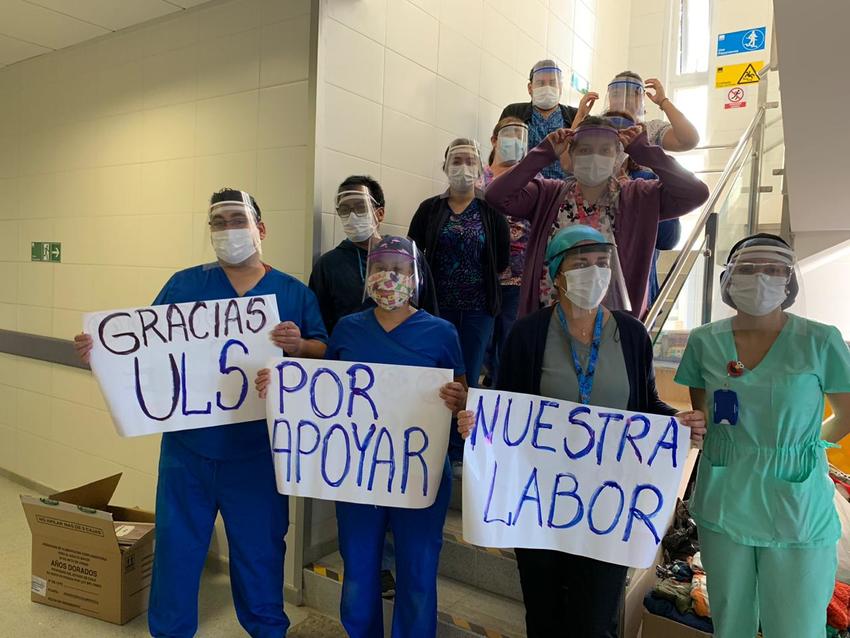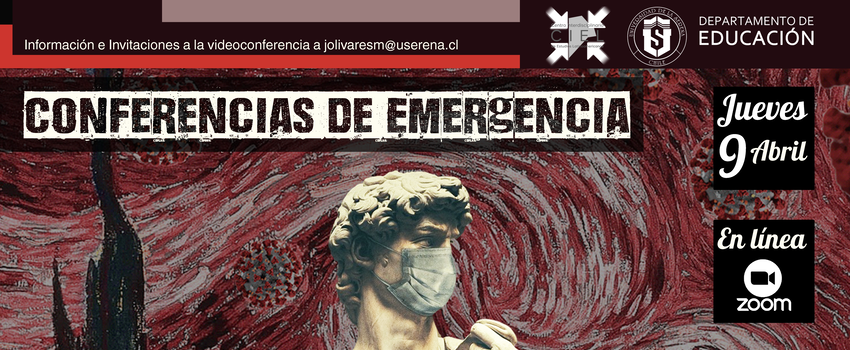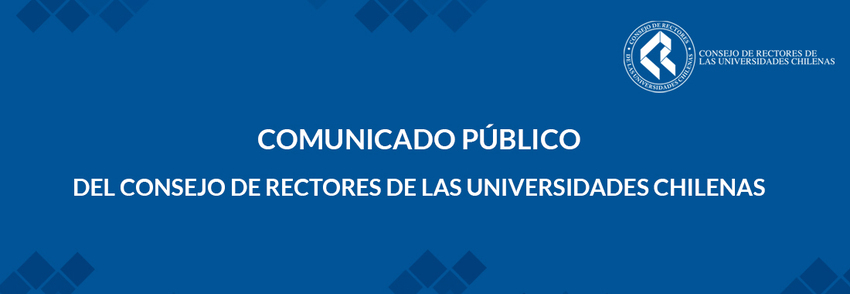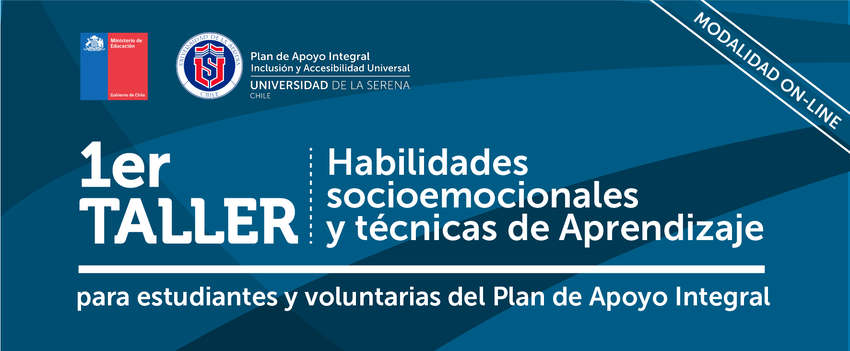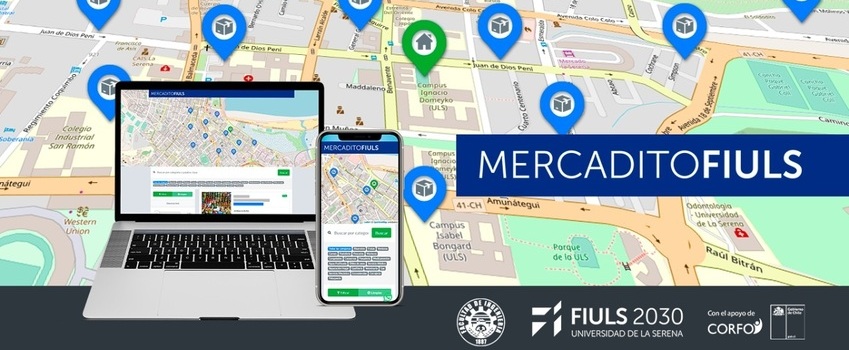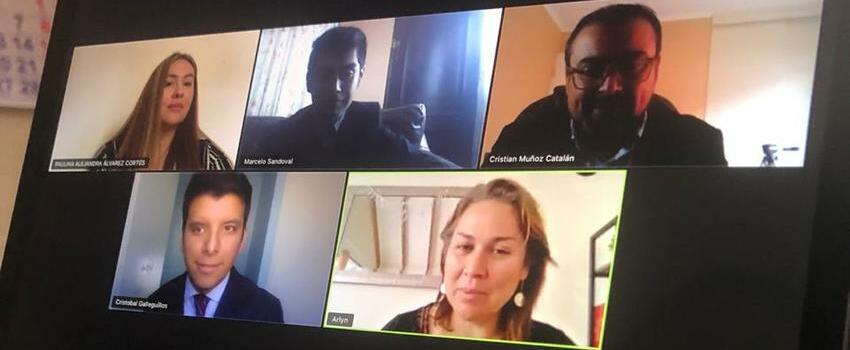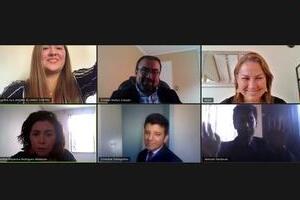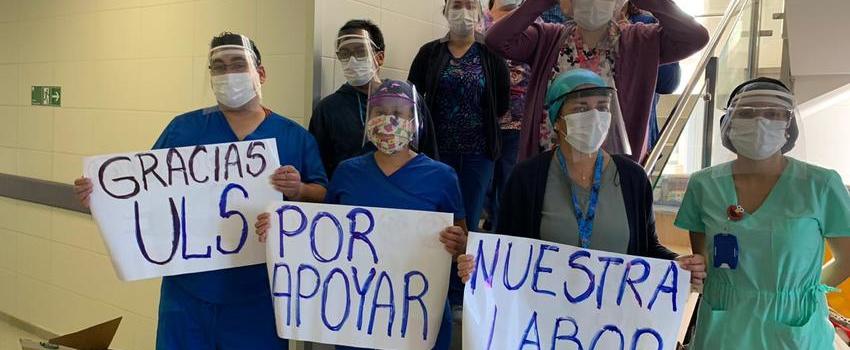
During the first 14 days of operation, the ULS academic team behind the Facial Shields solidarity initiative delivered more than 10% of the estimated total production, which amounts to about 5 thousand units.
"The ULS face shield is not just clothing, it is proof that as a society we are capable of learning that we will overcome the pandemic if we all do our best in the search for solutions." This is how Raquel Salinas, a ULS academic member of the team of volunteers from the faculties of Science and Engineering, explains the feeling she gets every time they deliver the contributions and receive calls, photographs or emails of gratitude.
Since the start of the campaign -March 31, 2020-, the team has received more than 1.500 micas and 55 kilos of PLA filament, basic materials for making the face shields. The contributions have come from people, groups, municipalities and companies that, trusting in the initiative, hope to contribute in this way to the control of the pandemic in the Coquimbo Region.
In these 14 days of the campaign, there are a total of 555 units delivered and in use, in public health institutions in the communes of La Serena, Coquimbo, Ovalle, Andacollo, Monte Patria and Combarbalá, as well as 50 face shields delivered to care centers for older adults of La Serena
The impact of this contribution in health centers is highly valued by the beneficiary health teams and also by local authorities. The mayor of Monte Patria, Camilo Ossandón, recognized the contribution of the initiative, visualizing other possible uses of the face shield that would allow him to protect his community: "We are super happy with the delivery that is intended to protect our health officials so that are not exposed to the virus and we also want to allocate them to those who attend critical services such as warehouses and strategic supply services in our commune”.
For their part, the ULS team is open to continuing to produce the protectors, for which they require continuing to collect materials (elastics, micas and PLA filament). For this reason, Alejandro Orellana, a member of the ULS team of academics, called on the community to continue the crusade: “We are very grateful to those who are supporting us with the necessary supplies for us to manufacture the face shields. We hope to move and motivate more people and institutions to support the initiative that still has a great demand to satisfy. For our part, we renew our commitment to continue producing, but we need more materials,” he explained.
Those interested in making contributions in materials should contact Alejandro Orellana (
| Bonus institution | Receptor | Quantities delivered as of April 13, 2020 |
| La Serena Hospital | Celia Moreno, Deputy Medical Director of La Serena Hospital | 205 units |
| San Pablo de Coquimbo Hospital | Dr. Roberto Alfaro from the Physical Medicine and Rehabilitation team | 30 units |
| CESFAM of Sugar Loaf | Alejandra Astudillo, Technical and Quality Manager | 30 units |
| Municipality of Monte Patria | Health Department | 100 units |
| COVID Ovalle Hospital | Pablo Quiroga Zúñiga, ICU Supervising Nurse | 30 units |
| Ovalle Hospital | Jorge Gutiérrez, Chief Emergency Physician | 40 shields |
| Andacollo Hospital | Flex company commissioned by Teck mining company | 50 shields |
| College of Dentists | Pablo Valenzuela, College of Dentists | 50 shields |
| Combarbalá Targeted Prevention Program | Robinson Laferte Municipal Administrator of Monte Patria | 20 shields |
| ELEAM The Companies | Rene Quezada, TRASENDI corporation | 40 shields |
| The Roses Foundation | Sister Victoria Barrón Las Rosas Foundation | 10 shields |
| Total | 605 shields |
